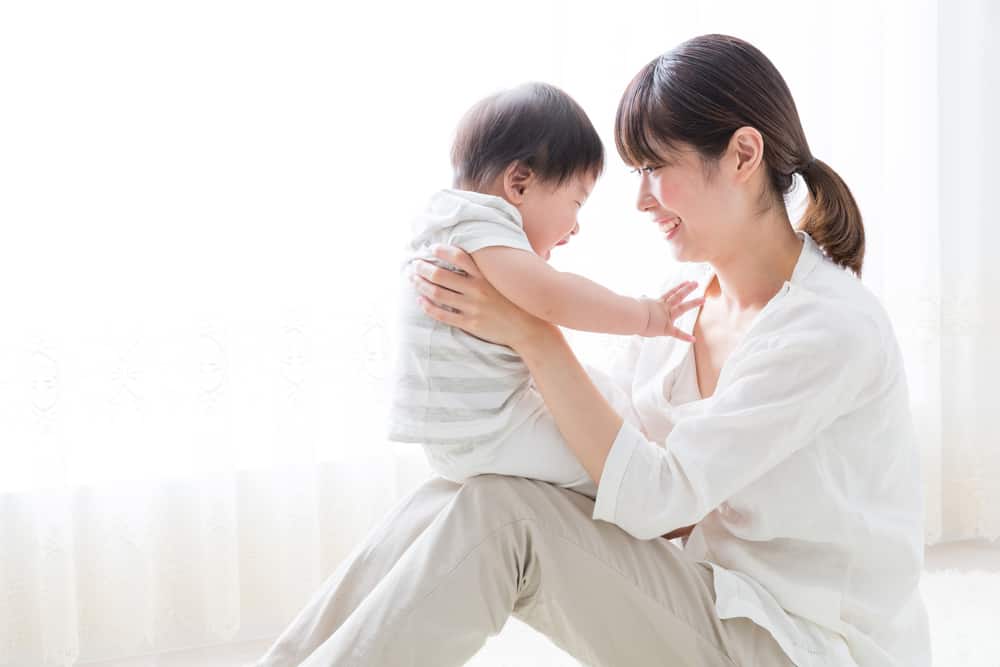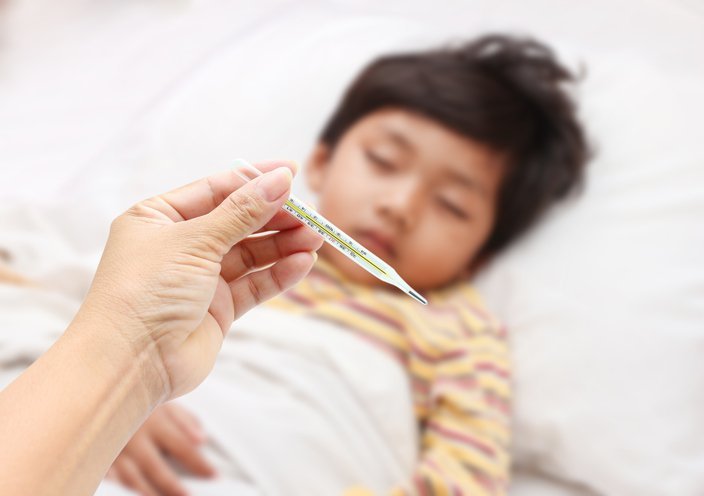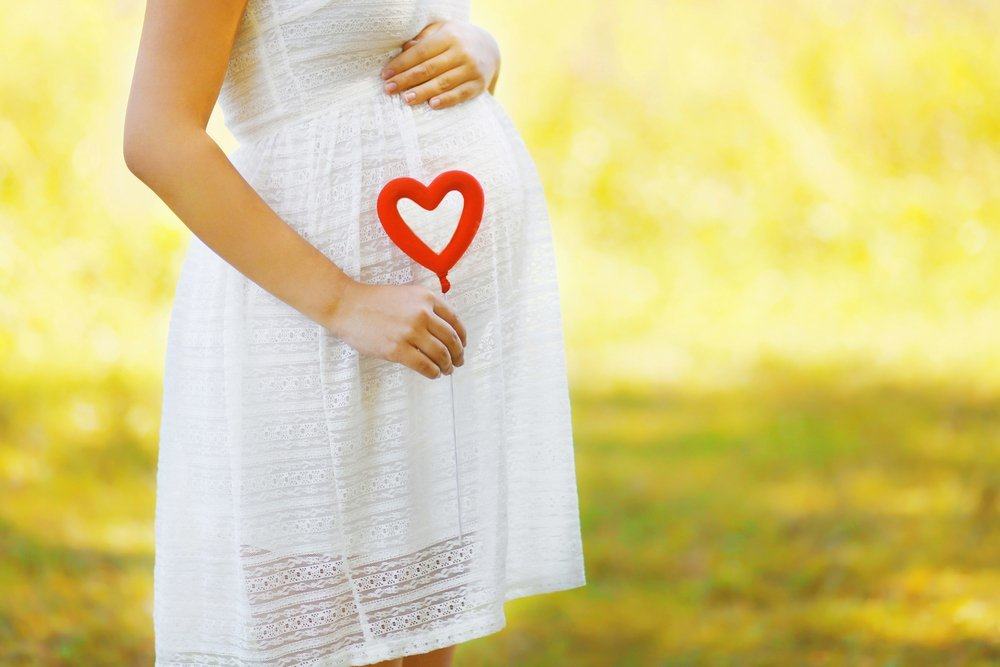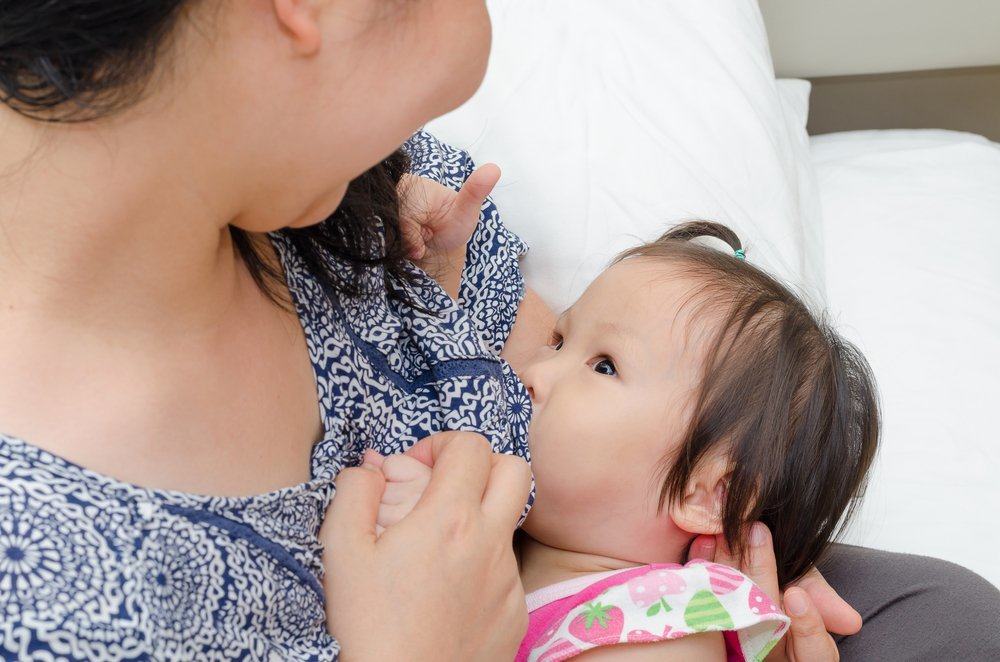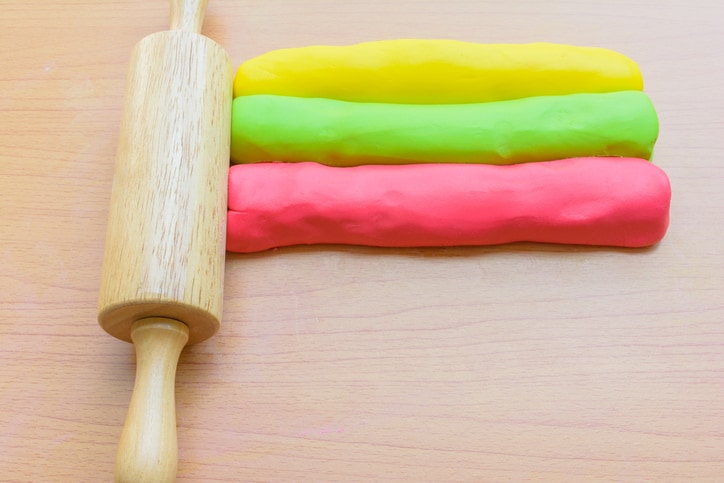Contents:
- Medical Video: 8 Stages of Development by Erik Erikson
- At what age can the baby talk?
- Stage of development of the baby's speaking ability
- Age 0 to 3 months
- 4 to 6 months of age
- Ages 7 to 12 months
- Ages 13 to 18 months
- Ages 19 to 24 months
- Age 25 to 36 months
- What parents can do to help babies talk
Medical Video: 8 Stages of Development by Erik Erikson
From birth to several months of life, babies still have difficulty speaking. Whatever the baby feels and wants to convey, only comes out through the crying and expression on his face. This continues until finally your little one can speak perfectly. However, the age of a baby can talk is not the same for every child. So, at what age do babies usually start learning to talk?
At what age can the baby talk?
As we know, babies can talk through a gradual process. Uniquely, the learning was first obtained when the baby was still in the womb. The researchers found that there was activity in the fetal brain every time the mother spoke in a loud voice or made an emphasis on a few words. From there the baby begins to learn to talk by listening to his mother's voice.
At birth, babies cry more, grimace, and do other things as a way of expressing the emotions they feel. As it develops, the baby will begin to issue rantings like wanting to convey something after the first 2-3 months of age.
The development will continue until the baby can speak his first word, for example "mama" or "papa" which is around the age of 9-12 months. From then on the baby will babble more and more to describe what he sees, hears, feels, thinks and wants. The baby's speaking ability will certainly develop perfectly until he is 2-3 years old.
Stage of development of the baby's speaking ability
Age 0 to 3 months
When still in the womb, the baby learns to talk by distinguishing the voice of the mother from the other sounds. After birth, crying is the child's first form of communication.
Even so, different styles and sounds of crying indicate different complaints for what the baby wants to convey. Interestingly, in this period the baby has begun learning language through recognizing the words he heard from people around him.
4 to 6 months of age
If at the age of 3 months the baby only recognizes words from other people, at the age of 4 months and above the baby starts talking by imitating what he hears. At this age too, your child learns to pronounce words with the same vowels, such as "bababa", or "yayaya".
The baby's attempt to speak sounds still original and does not make sense, but he will keep repeating it many times. This is because your child is experimenting with using the tongue, the palate, and the vocal cords to produce the sounds and words he wants to say.
Ages 7 to 12 months
Entering the age of 7 months, the baby's speech begins to sound reasonable. The reason, he was trying to try the tone and speech patterns like what was said by the people closest to him, although still not right. Babies also begin to understand their own names and respond to other people's calls.
His speech skills will also be better because your little one is not just talking. Rather, it tries to connect a meaning with itself gradually. For example, you will hear the first word that is easy to say but has meaning, namely "mama" or "daddy".
Furthermore, interesting words will appear with easy pronunciation from the little one. This process will continue onward along with the help of those around him who invite him to talk.
Ages 13 to 18 months
At this age the baby vocabulary collection will increase. Babies also start cleverly using a few words that they remember to explain what they feel.
Although sometimes it's still a little missed, at least you understand what the little one means. In essence, babies have realized the importance of expressing what they want through language.
Ages 19 to 24 months
The more the baby gets older, the more proficient his speech is. Evidenced by the age of almost two years, the more words he can say. In addition, your child is also able to combine more words in one sentence.
That is why, you and the people around the baby must be extra careful when they talk, because it will be very easy to imitate the little one.
More than that, around the age of two, your child will begin to be good at singing to the beat of the song.
Age 25 to 36 months
Through the age of two years, your baby is trying to find the right use of intonation, and will get better over time. Babies also begin to understand the use of the words "I", "I", and "you". Which will make it easier to communicate.
Well, between the ages of 2-3 years, your child's vocabulary will continue to grow. He also understood enough about most of the words addressed to him.
When he entered the age of three years, his speaking ability could be said smoothly. In fact, they can engage in dialogue and reciprocal conversation.
What parents can do to help babies talk
The best speech development occurs when you, as a parent, give the right encouragement to help your child learn to talk. Starting from provoking chat from the earliest stages of his age, responding to what the baby is saying, to singing songs to attract his attention.
Not only that, as your baby develops, try to give story books with various favorite images of children. This method is a good choice for introducing new vocabulary to your child.
Don't forget to always listen to whatever your child is talking about, be a good listener and respond to his efforts to talk. He may be more enthusiastic about communicating when he knows that you are interested in his words.

